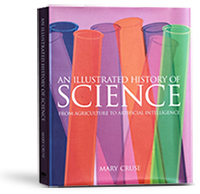
For those of us who may not have always been engaged science students but who have a genuine curiosity about how the world has evolved, Mary Cruse ’11 has published the perfect book for us and, indeed, anyone with an innate inquisitiveness. An Illustrated History of Science: From Agriculture to Artificial Intelligence explores what human beings have discovered about the physical, earth, and life sciences over the years, and how they have gone about it. In her introduction, Cruse states, “To be human is to wonder…The impulse to ask questions is hardwired into our DNA, and for three hundred millenia, our people have been searching for answers.”
She begins with a section on Ancient History and details the fascinating methods humans used to explore mathematics, medicine, and philosophy from 3,000 BC to the fifth century. Each chapter offers a simple timeline of important events and rich text about the evolving explorations of those topics, from Sumerians practicing geometry and multiplication in 3,000 BC to Bian Que using anesthesia in 300 BC to Aristotle establishing principles of logic through deductive reasoning in the fourth century BC. And that’s just the first section. Cruse organizes the history into six parts, depicting the succession of eras, with different topics presented in each part, from plant science to engineering to genetics. And throughout, the text is accompanied by beautiful illustrations, photographs, and pieces of art from every era.
You could easily enjoy the book by simply reading the captions, or the intriguing insets on single subjects, or the boxes labeled Did You Know? that are found in every chapter. But this is a story that should be savored in its entirety. After all, we humans are an inquisitive species and Cruse’s comprehensive guide through our scientific history will be satisfying for even the most curious among us.
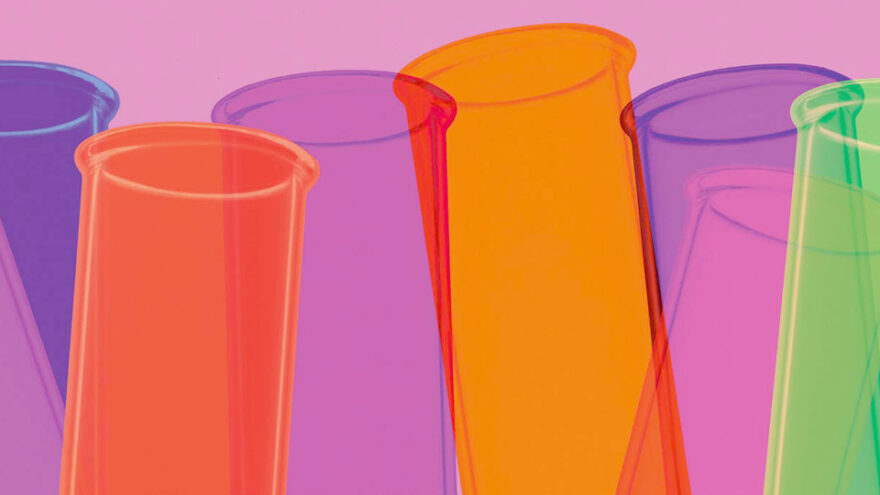
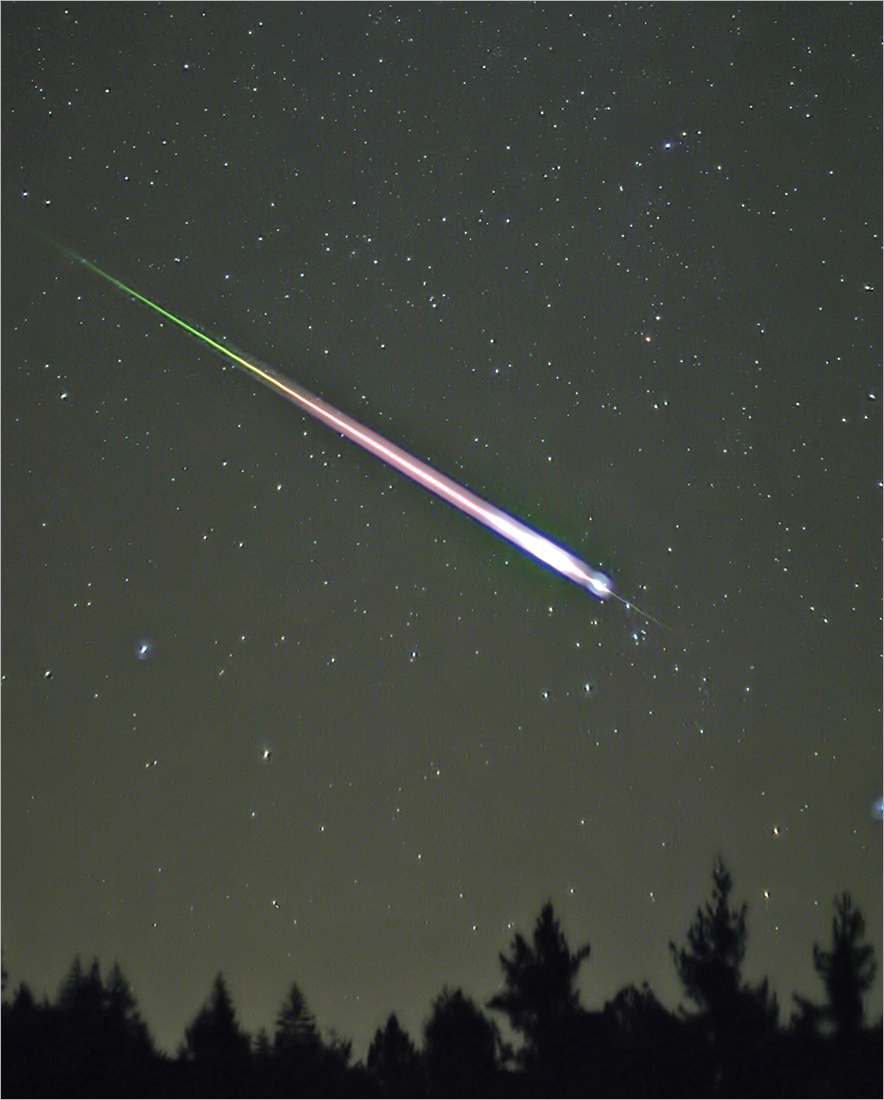
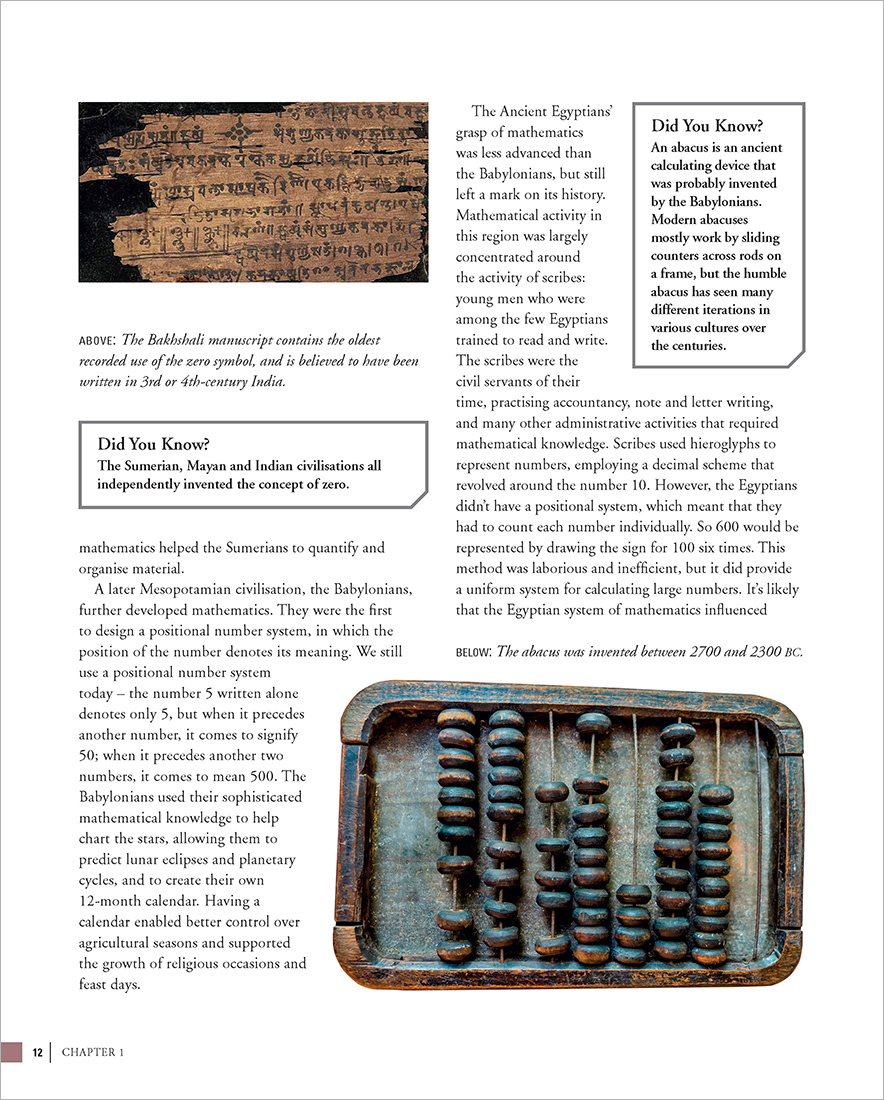
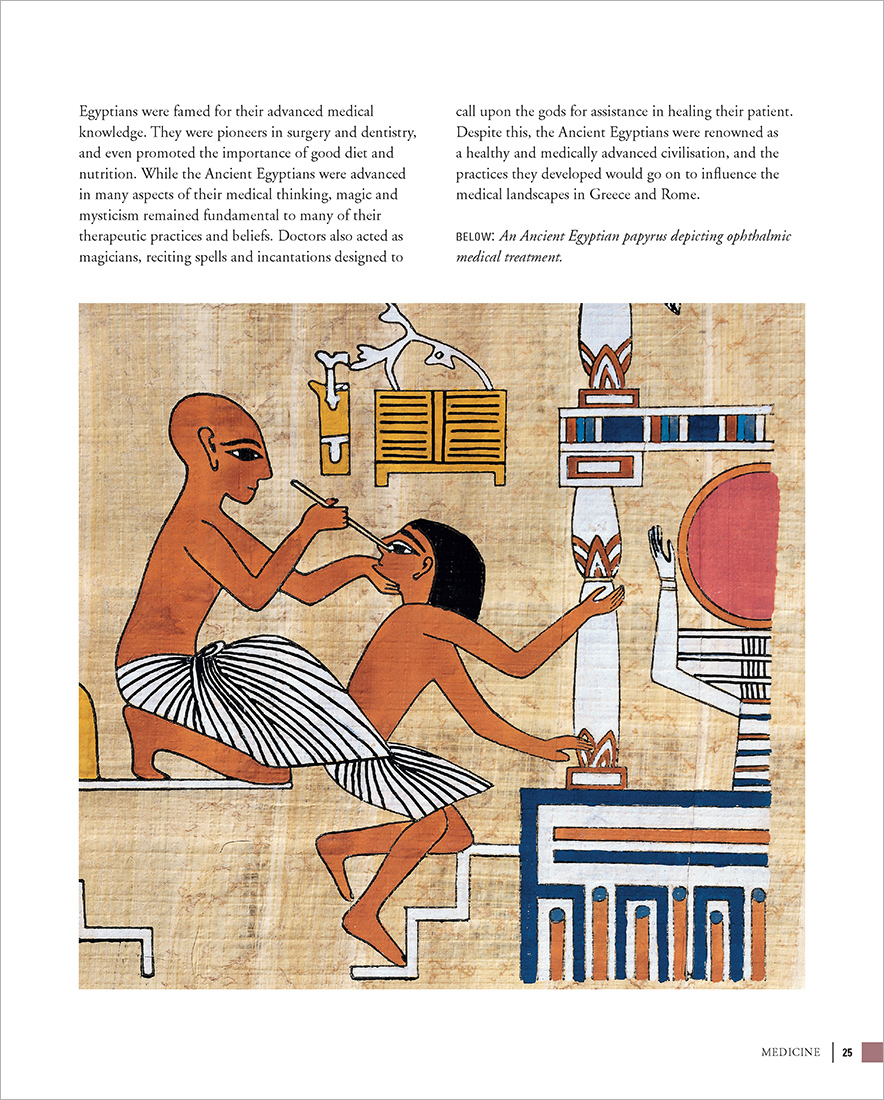
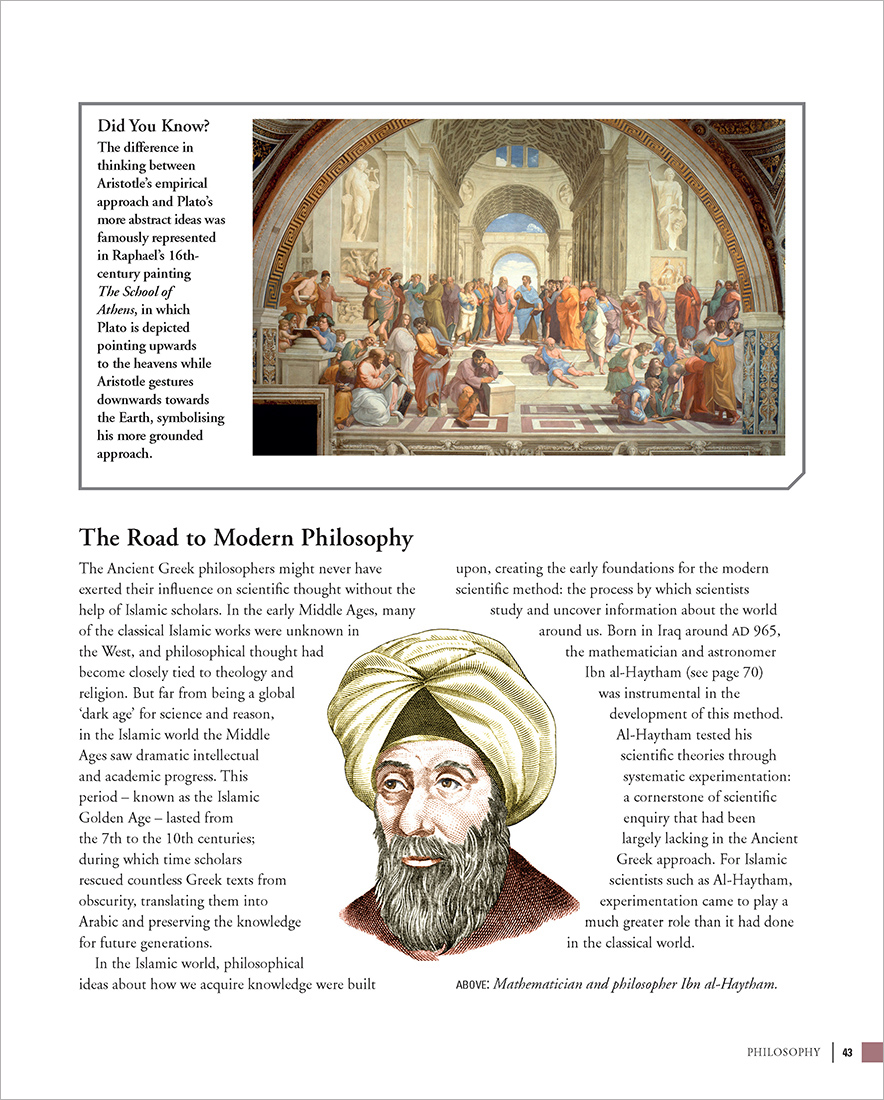
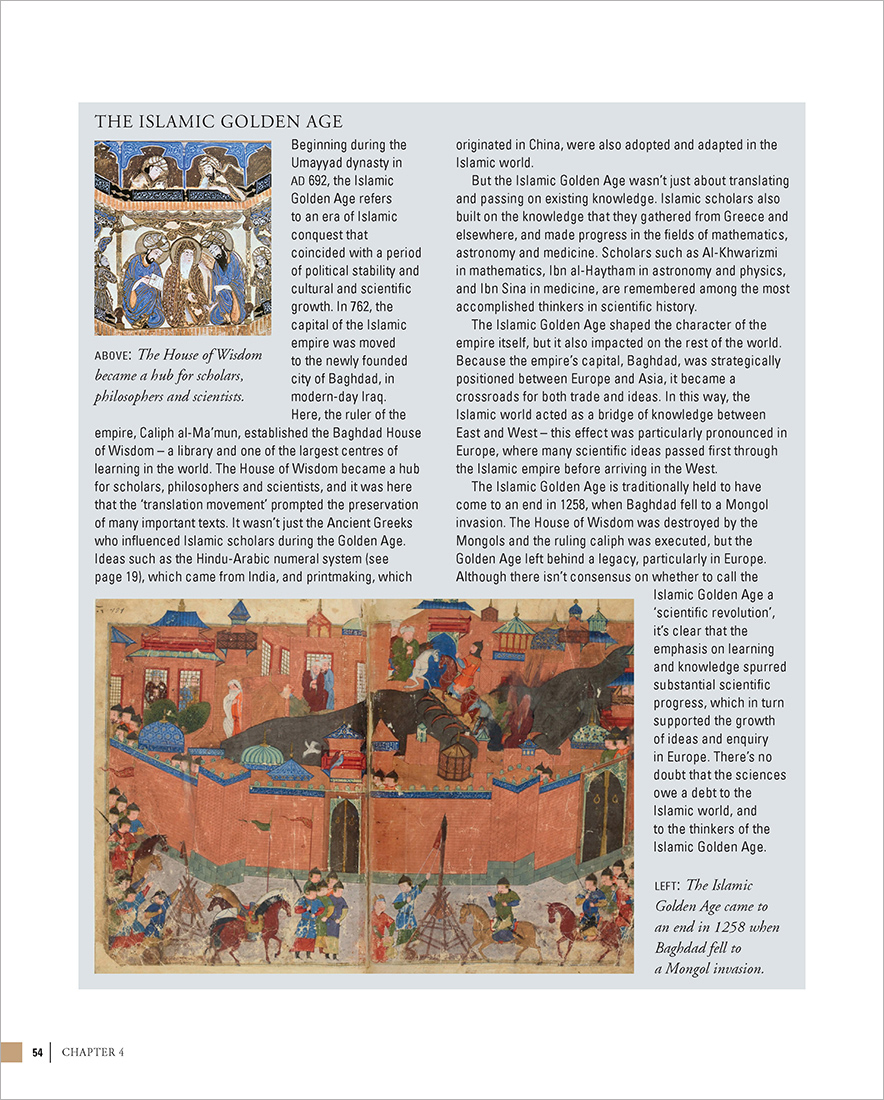
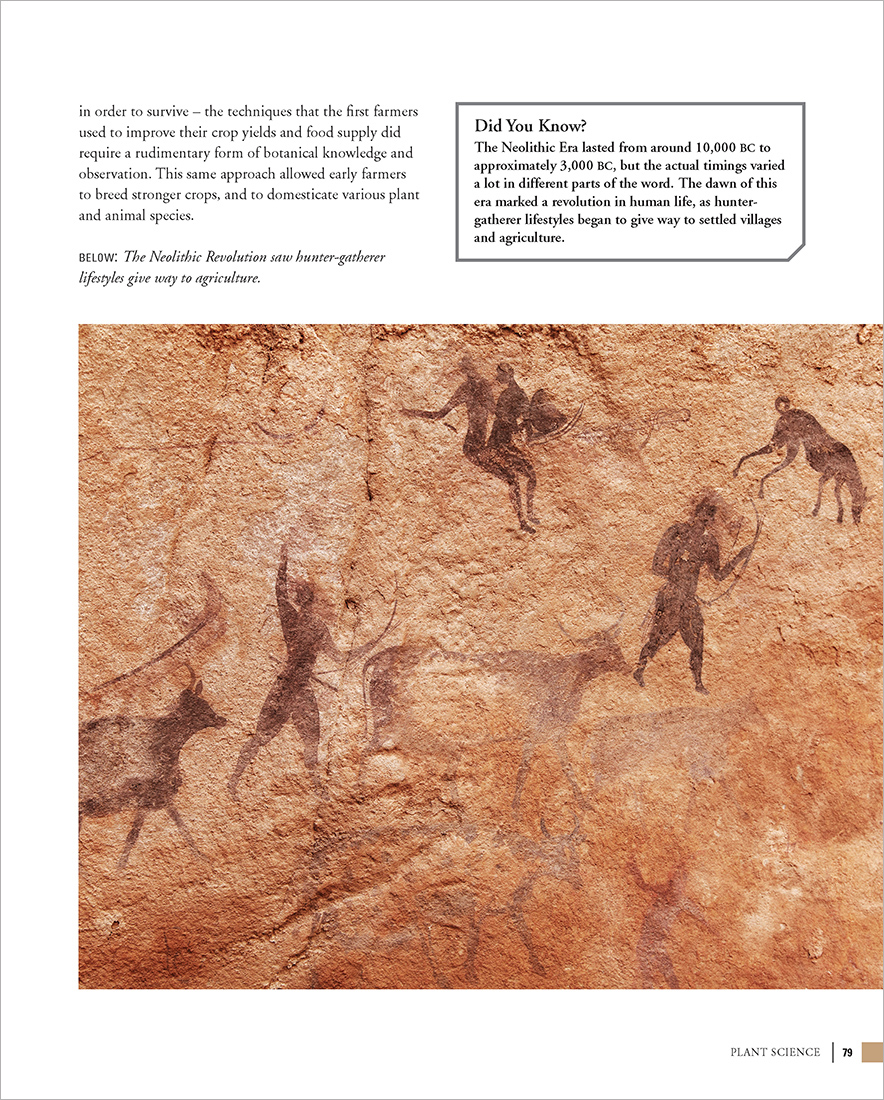
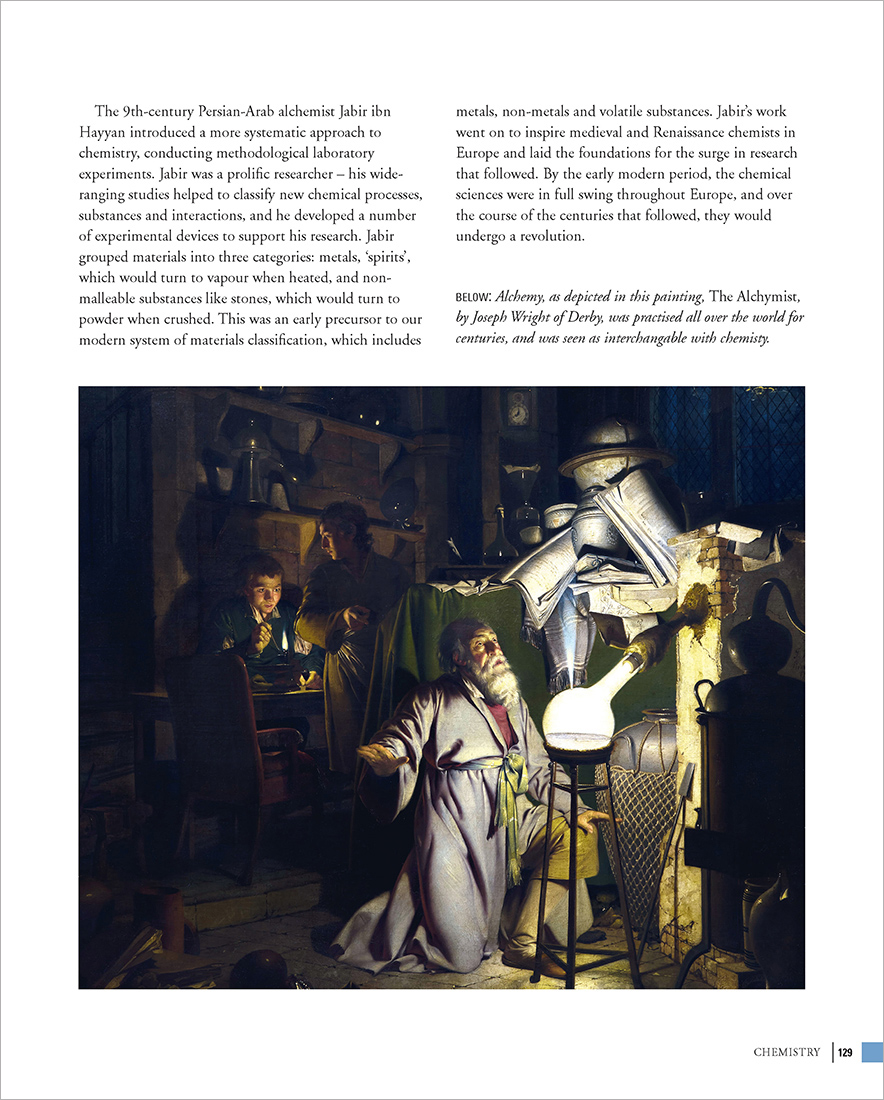
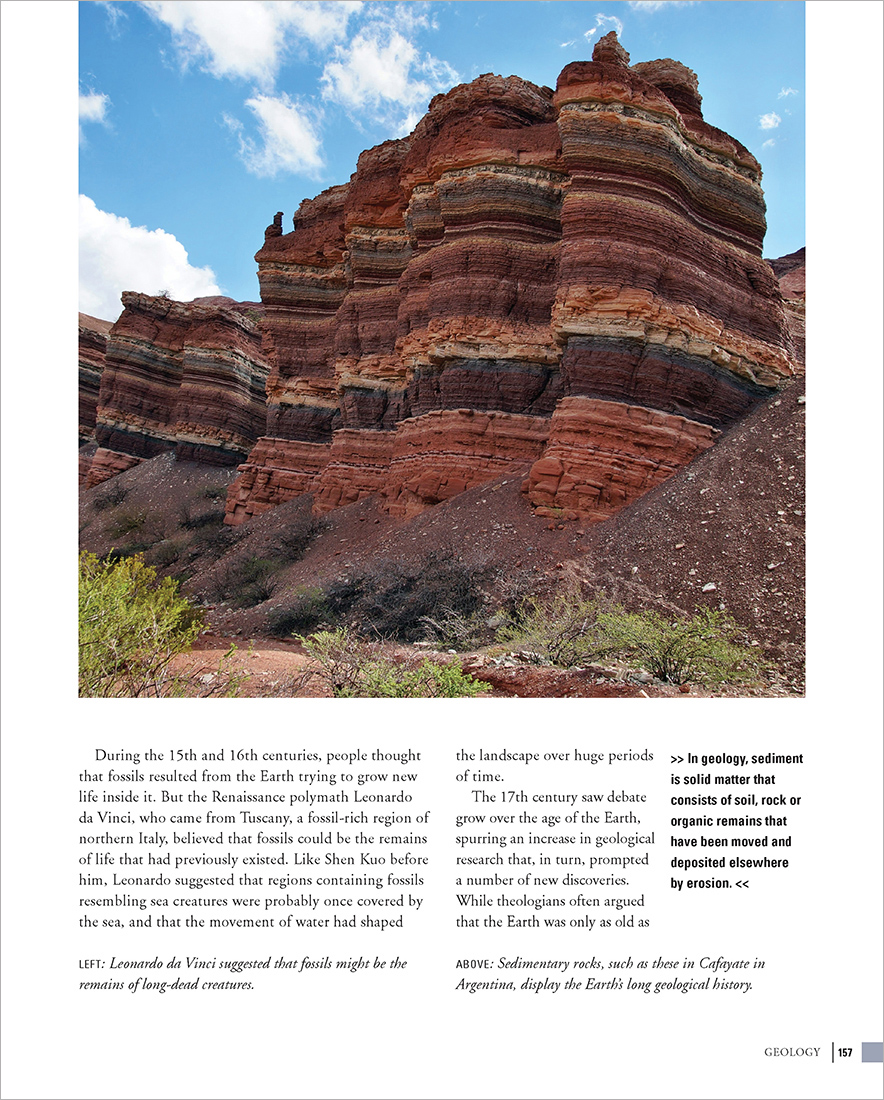
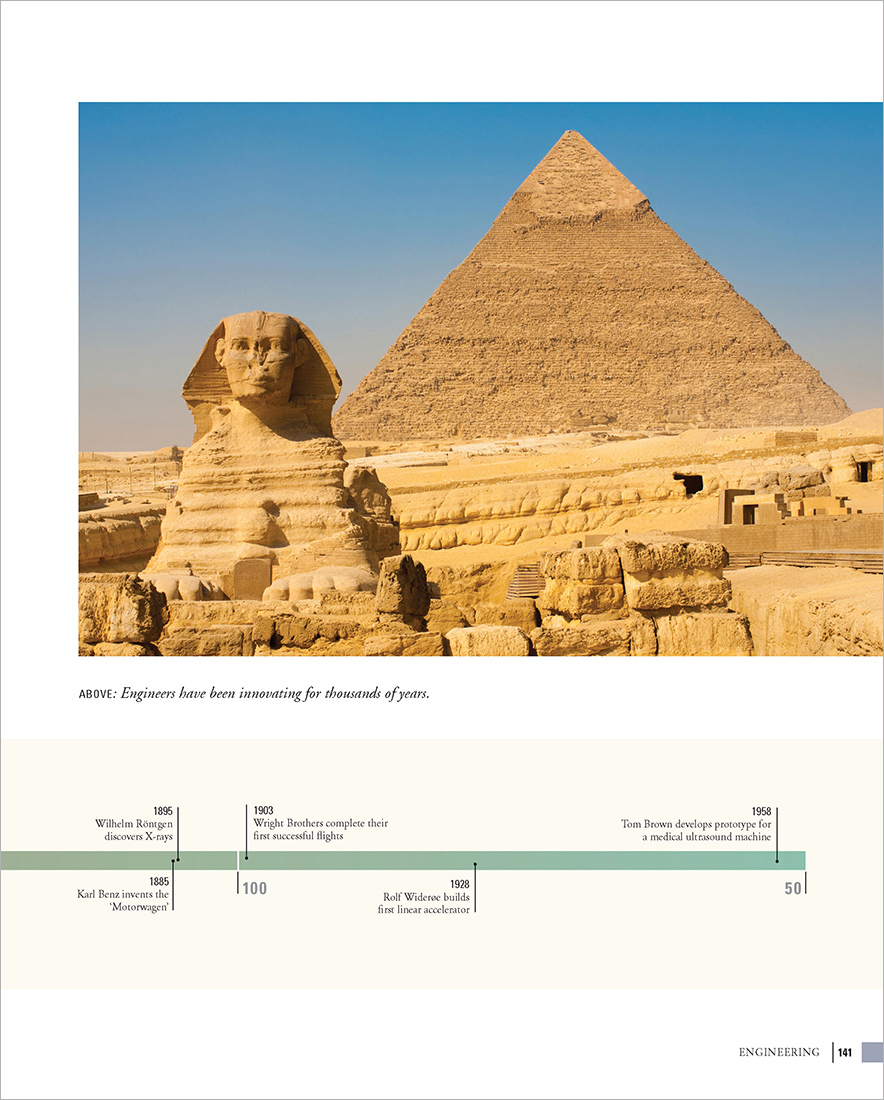
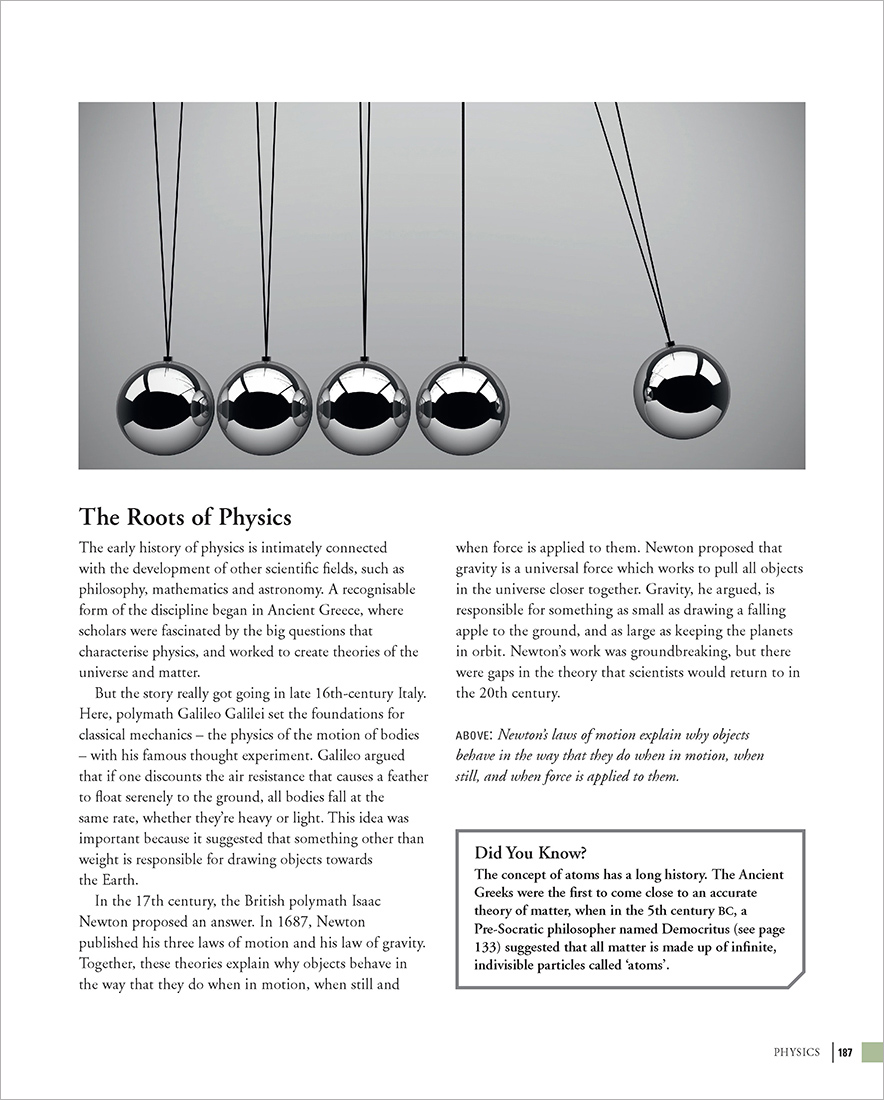
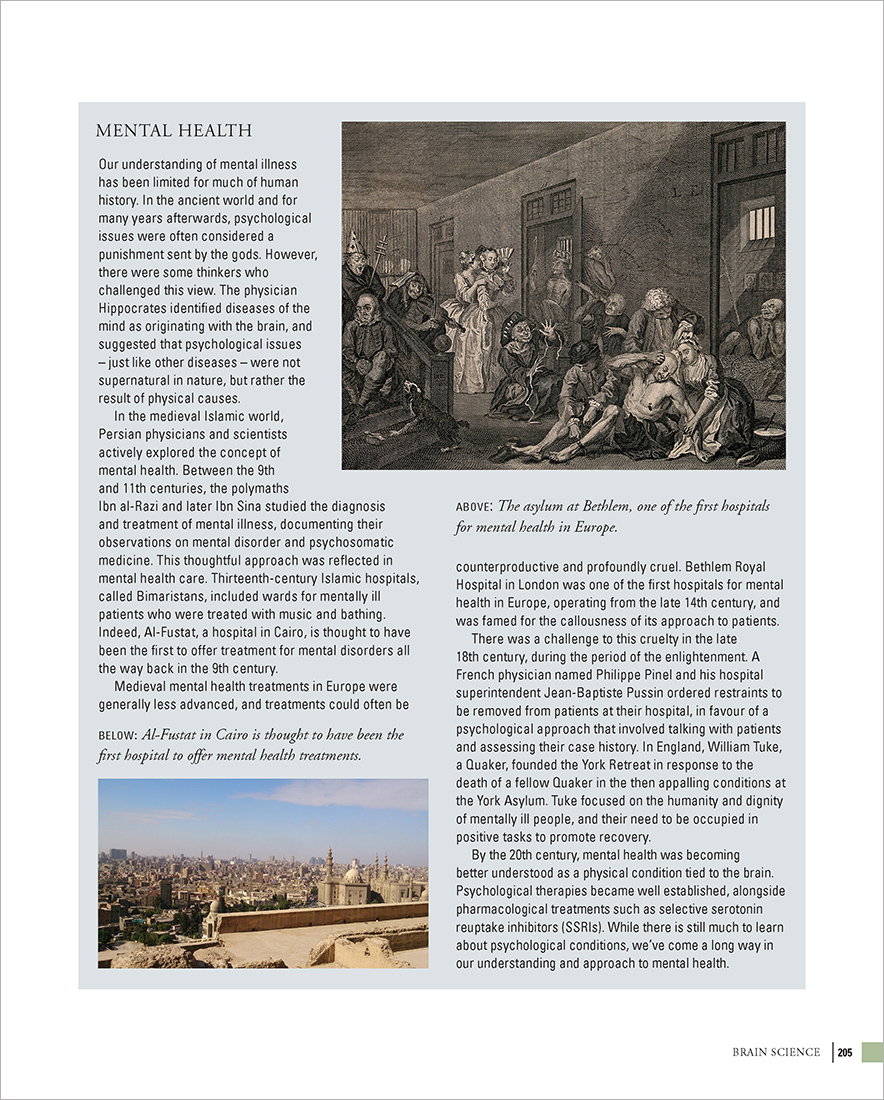
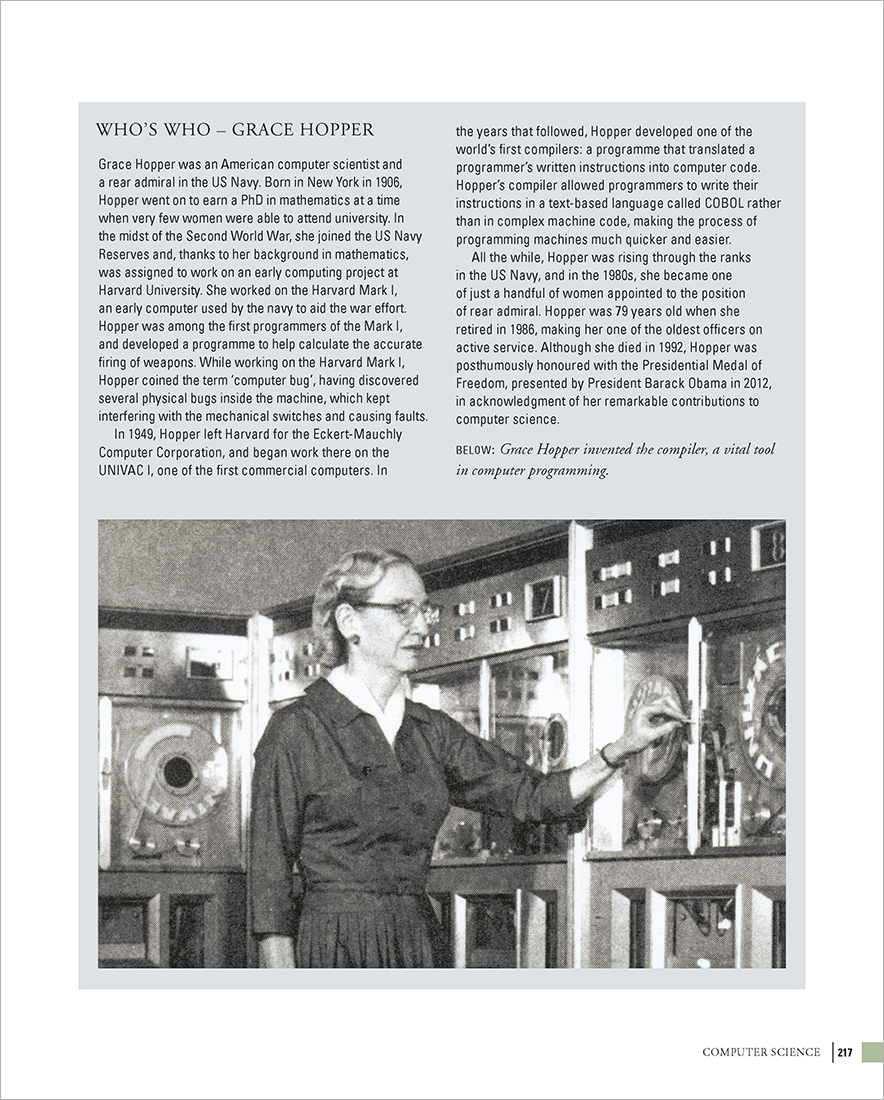
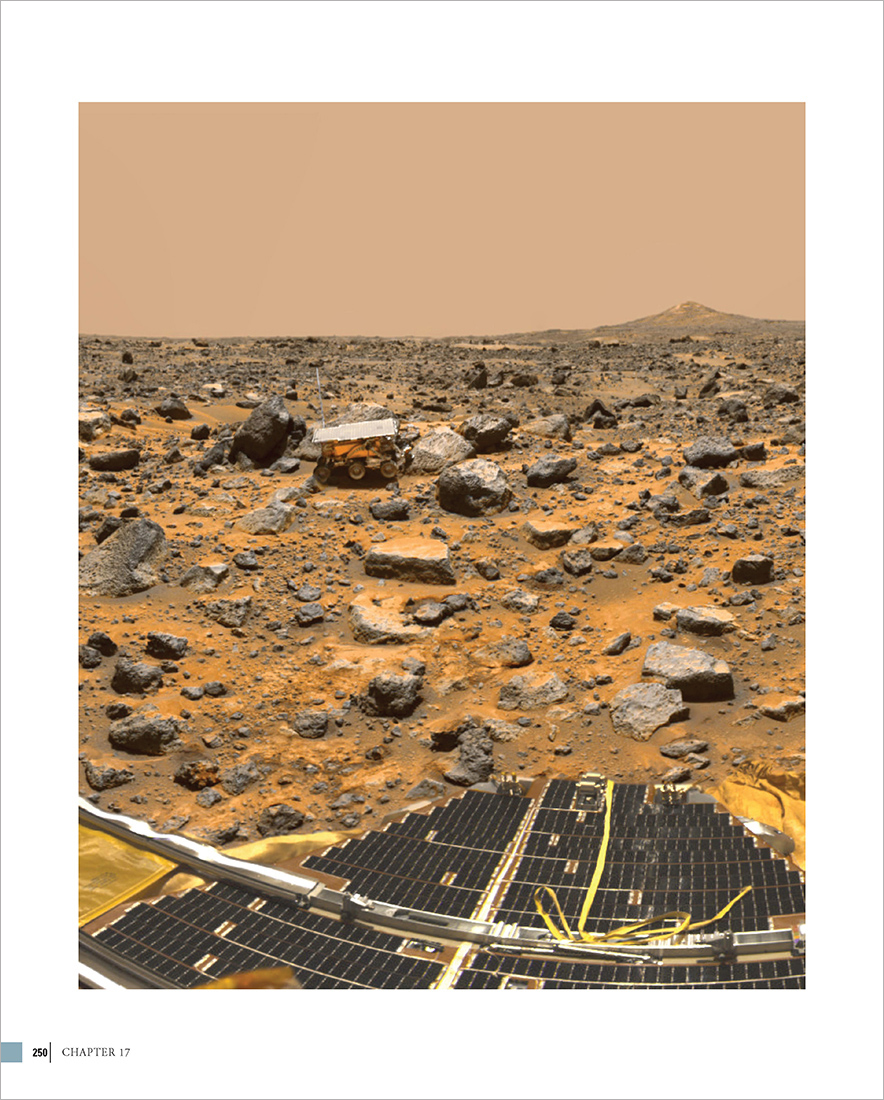
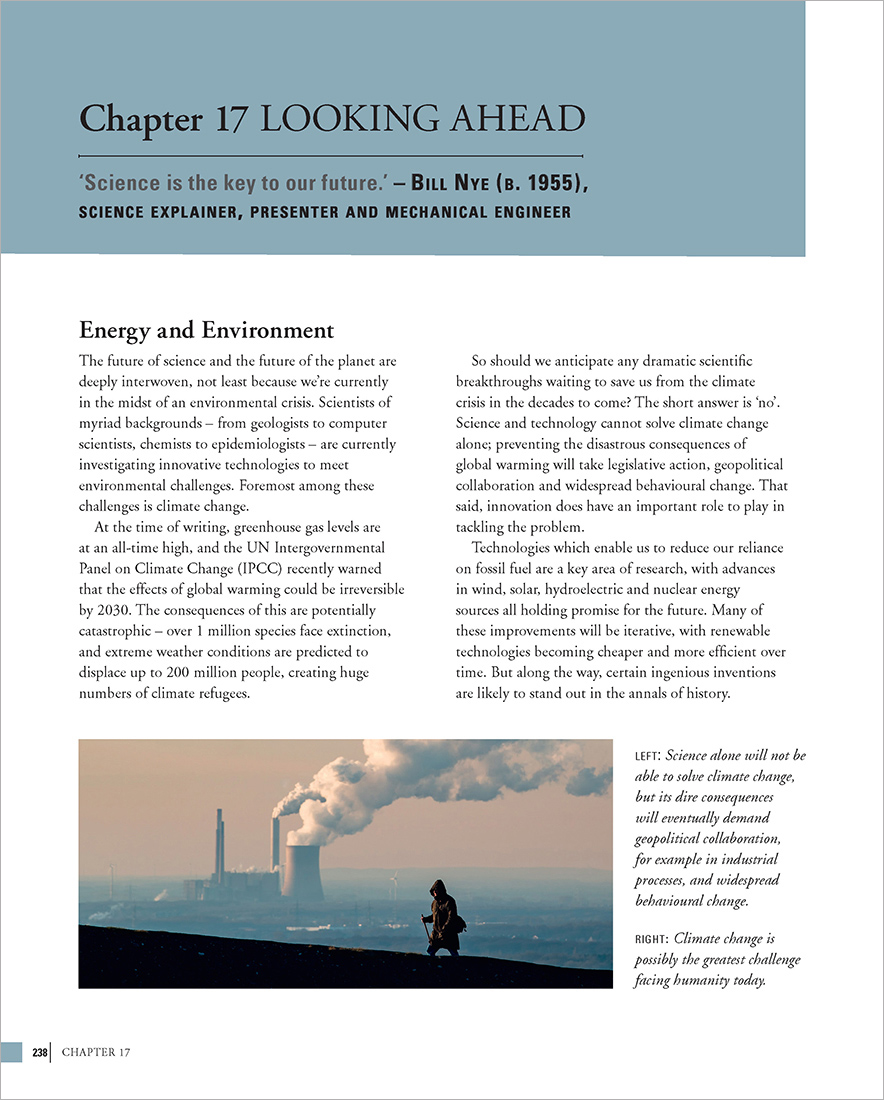
Leave a Reply